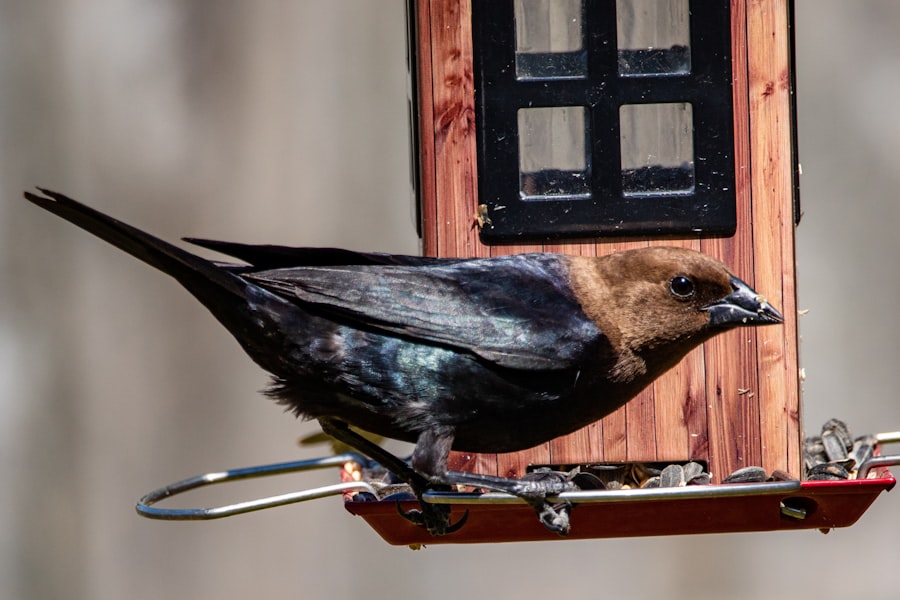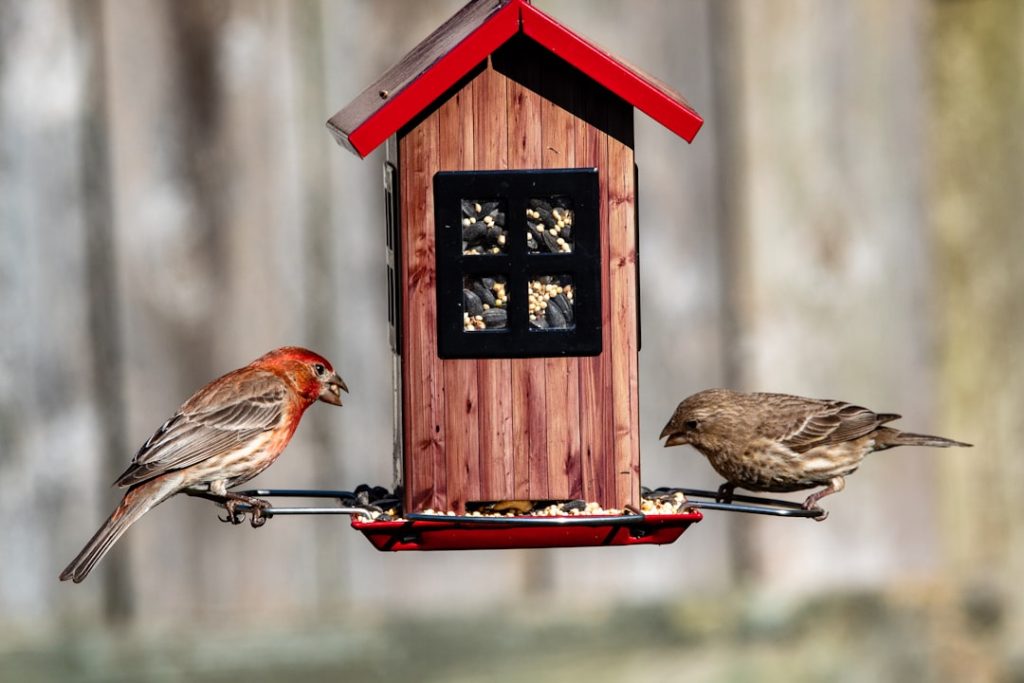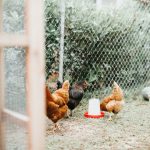Keeping chickens involves various costs that potential owners should consider. The initial investment includes purchasing the chickens, which varies depending on breed and age. Setting up a suitable coop and run requires materials such as wood, wire mesh, and roofing, along with necessary construction tools.
Ongoing expenses encompass feed, bedding, and healthcare for the flock. These costs can accumulate, especially with larger flocks or when using organic or specialty feed. However, there are methods to reduce expenses associated with chicken keeping.
Building a coop and run using reclaimed or repurposed materials can significantly lower initial costs. Sourcing affordable feed and bedding options, such as buying in bulk or growing feed, can help manage ongoing expenses. Some chicken owners opt to administer basic healthcare themselves, potentially reducing veterinary bills.
While keeping chickens does involve financial considerations, there are strategies to make it more economically feasible for those willing to invest time and effort.
Table of Contents
Key Takeaways
- Keeping chickens can be costly, with expenses for housing, feed, and healthcare adding up.
- Chickens provide a sustainable source of fresh eggs and can help control pests in the garden.
- Raising chickens requires daily care and attention, including feeding, cleaning, and monitoring for health issues.
- Check local regulations and consider the space needed for chickens before starting a coop.
- Proper hygiene and predator-proofing are essential for maintaining the health and safety of chickens.
The Benefits of Keeping Chickens
Fresh Eggs and Self-Sufficiency
One of the most obvious benefits is the production of fresh eggs. Not only are homegrown eggs delicious and nutritious, but they also provide a sense of self-sufficiency and reduce the need to purchase eggs from the store.
Natural Pest Control and Fertilizer
Additionally, chickens can provide natural pest control in your yard or garden by eating insects and other small pests. Their droppings also make excellent fertilizer for plants, which can help improve soil quality and promote healthy growth.
A Rewarding Hobby and Source of Entertainment
Furthermore, many people find that keeping chickens is a rewarding and enjoyable hobby that brings them closer to nature. Chickens have unique personalities and behaviors that can be fascinating to observe and interact with. They can also be a source of entertainment and companionship for their owners. Some people keep chickens for meat production, which can provide a sustainable source of protein for their families.
Enriching Lives
Overall, the benefits of keeping chickens extend beyond just the practical aspects and can greatly enrich the lives of those who choose to take on this responsibility.
The Time and Effort Required

Keeping chickens requires a significant investment of time and effort in order to ensure their health and well-being. Daily tasks include feeding and watering the chickens, collecting eggs, and cleaning the coop and run to maintain a clean and sanitary environment. Additionally, chickens require regular monitoring for signs of illness or injury, as well as routine healthcare such as parasite prevention and vaccinations.
Furthermore, it’s important to provide enrichment for the chickens, such as access to outdoor space for scratching and pecking, as well as opportunities for social interaction with other chickens. While these tasks may seem daunting, many chicken owners find that the time and effort required is well worth it. In fact, some people find that caring for their chickens becomes a relaxing and therapeutic part of their daily routine.
It’s important to consider your own schedule and lifestyle before deciding to keep chickens, as they do require consistent care and attention in order to thrive.
Considerations for Space and Zoning
Before deciding to keep chickens, it’s important to consider the space available to you and any zoning regulations that may apply in your area. Chickens require a suitable coop and run that provides adequate space for them to move around freely and engage in natural behaviors such as scratching and dust bathing. Additionally, the coop should offer protection from predators and the elements, as well as nesting boxes for egg-laying.
It’s important to ensure that you have enough space to accommodate the number of chickens you plan to keep, as overcrowding can lead to stress and health issues. Furthermore, many urban and suburban areas have zoning regulations that dictate whether or not you are allowed to keep chickens on your property. These regulations may specify the maximum number of chickens allowed, as well as requirements for coop placement and maintenance.
It’s important to familiarize yourself with these regulations before getting chickens, as violating them can result in fines or other penalties. Additionally, it’s important to consider the potential impact of keeping chickens on your neighbors, as noise and odors from the coop can be a source of contention.
Health and Safety Concerns
Keeping chickens comes with its own set of health and safety concerns that must be addressed in order to ensure the well-being of both the chickens and their owners. One of the primary concerns is disease prevention, as chickens are susceptible to various illnesses that can spread quickly within a flock. It’s important to practice good biosecurity measures, such as quarantining new birds before introducing them to your existing flock and regularly cleaning and disinfecting the coop and run.
Additionally, it’s important to monitor your chickens for signs of illness and seek veterinary care when necessary. Furthermore, there are safety concerns related to handling chickens and working in the coop and run. Chickens can be carriers of salmonella bacteria, so it’s important to wash your hands thoroughly after handling them or their eggs.
Additionally, coop maintenance tasks such as cleaning and repairing can pose physical hazards if not done carefully. It’s important to take precautions to prevent accidents and injuries while caring for your chickens.
The Environmental Impact

Reducing Demand for Commercially Produced Animal Products
Raising chickens for eggs or meat at home reduces the demand for commercially produced animal products, which often come from factory farms with poor animal welfare standards and high environmental costs.
Valuable Organic Fertilizer
Chicken manure is a valuable source of organic fertilizer that can be used to improve soil quality and promote healthy plant growth in gardens or on small farms.
Sustainable Composting and Soil Enrichment
Furthermore, many chicken owners choose to compost their chicken waste along with other organic materials such as kitchen scraps and yard waste. This creates nutrient-rich compost that can be used to enrich garden soil without relying on synthetic fertilizers.
Is Keeping Chickens Worth It?
In conclusion, keeping chickens is a rewarding endeavor that offers numerous benefits but also comes with its own set of challenges. The costs associated with keeping chickens can be significant, but there are ways to minimize these costs through careful planning and resourcefulness. The benefits of keeping chickens extend beyond just practical considerations and can greatly enrich the lives of those who choose to take on this responsibility.
However, it’s important to recognize the time and effort required to care for chickens properly, as well as considerations for space and zoning regulations that may apply in your area. Additionally, there are health and safety concerns that must be addressed in order to ensure the well-being of both the chickens and their owners. Despite these challenges, keeping chickens can have a positive environmental impact by reducing reliance on commercially produced animal products and providing valuable organic fertilizer for gardens.
Ultimately, whether or not keeping chickens is worth it depends on your own values, lifestyle, and willingness to invest time and effort into caring for these animals. For many people, the rewards of fresh eggs, natural pest control, and a closer connection to nature make keeping chickens a worthwhile pursuit. However, it’s important to carefully consider all aspects of chicken ownership before making the decision to bring these feathered friends into your life.
If you’re considering keeping chickens, you may also be interested in learning about different coop and run plans. Poultry Wizard offers a helpful article on chicken coop and run plans that can provide valuable insight into creating a suitable living space for your feathered friends.
FAQs
What are the benefits of keeping chickens?
Keeping chickens can provide a sustainable source of fresh eggs, natural pest control in the garden, and a source of organic fertilizer for plants.
What are the costs associated with keeping chickens?
The costs of keeping chickens include initial setup (coop, feeders, waterers), ongoing feed and bedding expenses, veterinary care, and potential city or neighborhood regulations or permits.
What are the potential drawbacks of keeping chickens?
Chickens require daily care and maintenance, including feeding, watering, and cleaning their living space. They can also attract predators and may create noise or odor concerns in residential areas.
What are some considerations for deciding if it’s worth it to keep chickens?
Considerations for keeping chickens include available space, time commitment, local regulations, and the desire for fresh eggs and a sustainable lifestyle. It’s important to weigh the benefits and drawbacks before deciding if keeping chickens is worth it for your situation.
Meet Walter, the feathered-friend fanatic of Florida! Nestled in the sunshine state, Walter struts through life with his feathered companions, clucking his way to happiness. With a coop that’s fancier than a five-star hotel, he’s the Don Juan of the chicken world. When he’s not teaching his hens to do the cha-cha, you’ll find him in a heated debate with his prized rooster, Sir Clucks-a-Lot. Walter’s poultry passion is no yolk; he’s the sunny-side-up guy you never knew you needed in your flock of friends!







